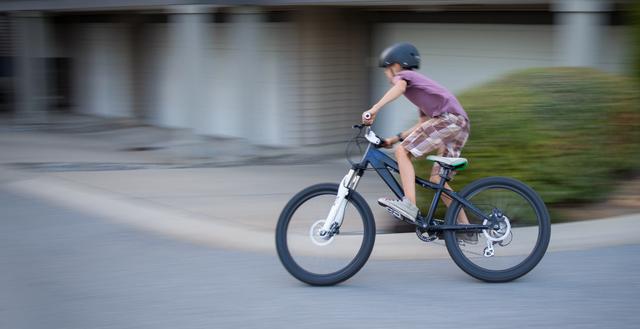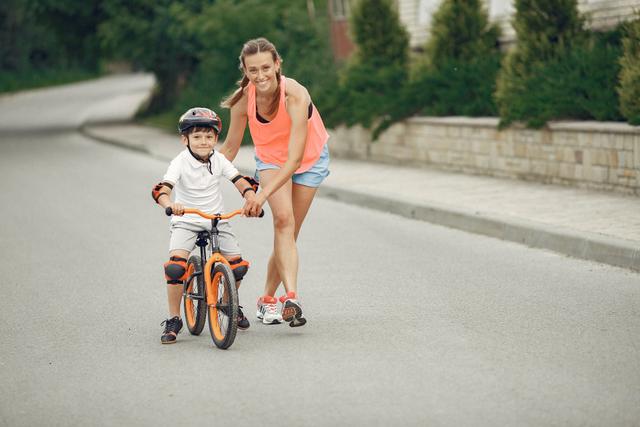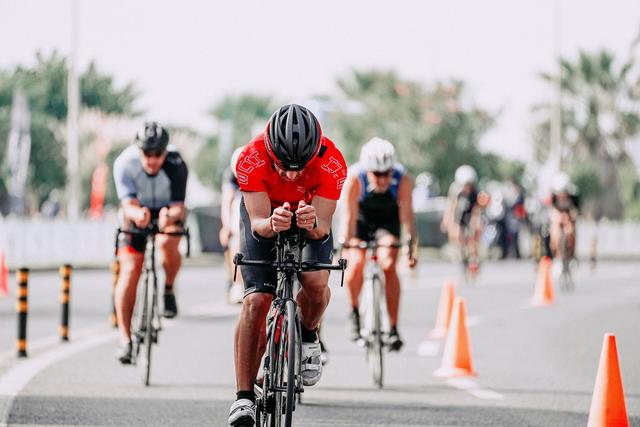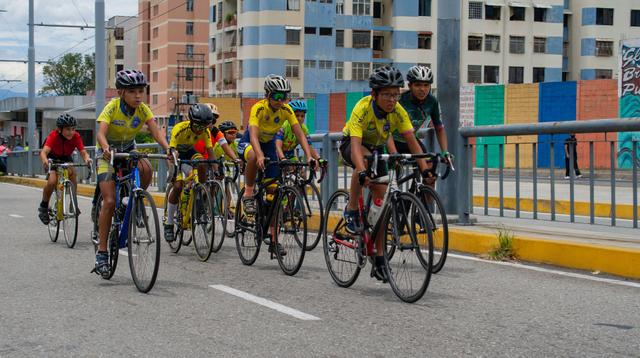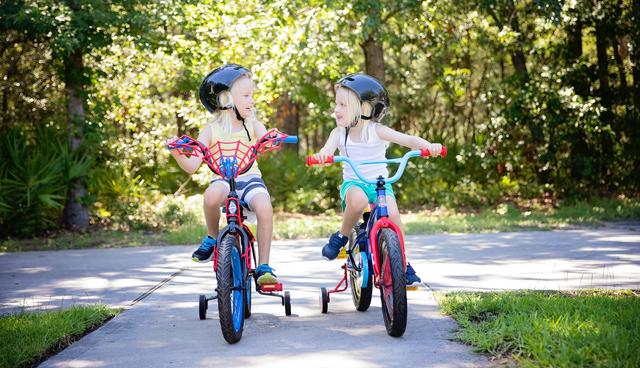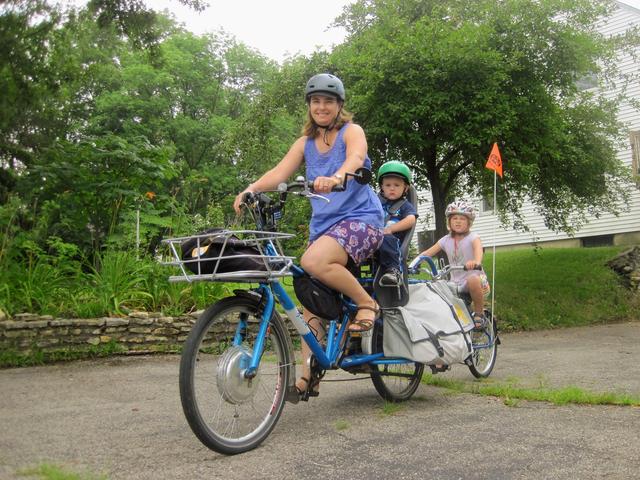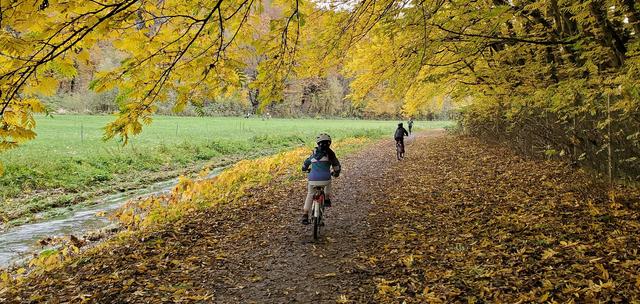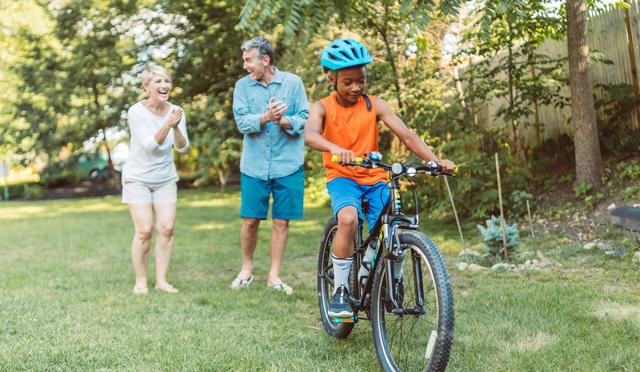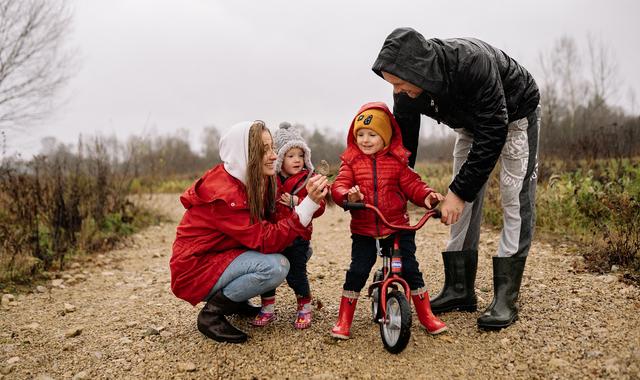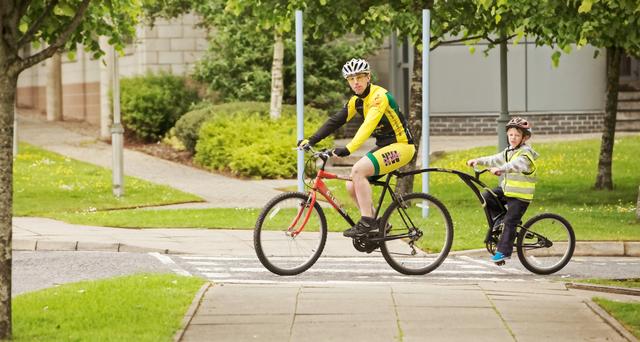Cycling Articles
Cycling For Kids In The UK
Cycling has been an integral part of British culture since the late 1800s, evolving from the first recorded bicycle race in 1870 to becoming a staple form of recreation and transport today. This evolution has seen cycling clubs spring up across the nation in the late 19th century, which were pivotal in solidifying the bicycle's place in UK society. As time progressed, particularly in the early 1900s, bicycles were not only seen as sporting equipment but also as key modes of transportation, with children being encouraged to learn to ride from a very young age.
The development and accessibility of safer bicycles, along with the introduction of organised cycling events, like the prestigious Tour de France, significantly contributed to the rising popularity of cycling in the UK. This saw an increase in the number of children participating in cycling, making it a popular pastime amongst the younger demographic.
Today, the landscape of cycling for kids in the UK is vibrant and inclusive, with an array of events and initiatives specifically tailored to engage children in cycling. These initiatives aim to instil a passion for cycling from a young age, creating a fun and inclusive environment for children to enjoy this activity. With specific routes, parks, and clubs designed with younger riders in mind, cycling continues to be a beloved activity that enhances the social fabric of local communities throughout the UK.
The Benefits of Cycling
Cycling offers a host of health advantages for children, making it an excellent choice for physical activity. Regular participation in cycling helps in the development of strong bones and muscles, which is crucial during the rapid growth phases of childhood. Additionally, it significantly boosts cardiovascular fitness, aiding in the enhancement of heart health and endurance. This activity also improves flexibility and coordination, skills that are beneficial not only in other sports but in daily activities as well.
Frequent cycling sessions contribute to higher energy levels and stress reduction among kids, fostering a better mood and greater readiness to engage in social activities and academic pursuits. Importantly, cycling can enhance cognitive development, leading to improved concentration and mental skills. Moreover, as children ride bikes in groups or participate in community cycling events, they develop social skills and have the opportunity to form new friendships, contributing to their emotional and social well-being.
FAQs
Q1: At what age can my child start cycling in the UK?
A: Your child can begin cycling at around 3 or 4 years of age, starting with a balance bike or a bike fitted with stabilisers to ease the learning process. As they gain confidence and improve their balance, they can progress to bikes with training wheels and eventually, transition to traditional bikes without stabilisers.
Q2: What health advantages does cycling provide for children?
A: Cycling is immensely beneficial for children’s physical and mental health. It helps in building strong bones and muscles, enhances cardiovascular fitness, boosts coordination, increases flexibility, elevates energy levels, reduces stress, improves cognitive development, and aids in social interaction.
Q3: What are the essential safety gears for kids while cycling?
A: Safety is paramount when children are cycling. Essential safety equipment includes a well-fitting helmet, bright or reflective clothing for visibility, and gloves to protect hands. Adding a bell or horn for signalling and considering extra-padding through protective jackets are also advisable to ensure safety.
Q4: Where are some kid-friendly places to cycle in the UK?
A: The UK boasts a variety of child-friendly cycling spots such as dedicated bike paths, scenic parks, and traffic-free routes. Local communities often offer organised cycling events and clubs that provide tailored and safe cycling experiences for children.
Q5: How do cycling events benefit children socially and physically?
A: Participating in organised cycling events can be highly rewarding for children. These events provide a platform for socialising with peers, picking up new cycling skills, enhancing physical fitness, and building self-confidence. Moreover, they instil a lifelong appreciation for cycling and promote an active lifestyle among the young participants.
